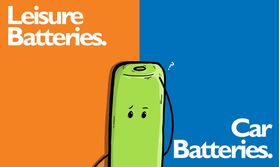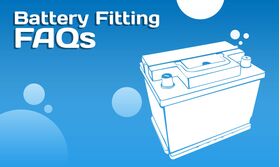Alkaline, Lithium and NiMH - What's The Difference?
Domestic & Household Batteries - The Different Types
To put it simply, batteries come in two basic types, rechargeable and single-use. Single-use batteries can only be cycled once, meaning once the power has been drained it needs to be replaced, these are types such as alkaline, zinc and lithium. Rechargeable batteries, once drained, can be charged and used again. These are types such as Nickel Cadmium (NiCd), Nickel Metal Hydride (NiMH), Valve Regulated Lead Acid (VRLA), and Lithium-Ion (LiIon). The three main and most commonly found types of household batteries are Alkaline, Lithium and NiMH.
Alkaline, Lithium and NiMH - The Different Chemistry
Alkaline- Alkaline batteries rely on a reaction between manganese dioxide and zinc. In comparison with zinc-carbon batteries, they have a, much higher emery capacity and longer storage life. Alkaline batteries are best for all household electronics and have for a long time been the most popular choice for household batteries. They have a very good shelf life and can in some cases last up to 10 years. A staggering amount of over 10 billion single units have been produced worldwide since being invented.
Lithium- Lithium batteries provide a high charge density, but they also provide a high cost per single cell. Lithium batteries are best for technically advanced and high drain devices and applications. They provide higher performance than a standard alkaline battery and can be up to 1/3 lighter for when weight is an issue, not only this but they can have up to 10-year storage life.
Nickel Metal Hydride (NiMH) - NiMH batteries can sometimes provide double to three times the capacity of a similarly sized NiCD battery. NiMH batteries should typically be used on devices that are frequently used and provide a strong drain. A good quality rechargeable battery can usually recharge over 100 times. However, rechargeable batteries do have a somewhat limited shelf life, for every day they are stored they lose a tiny bit of energy.




